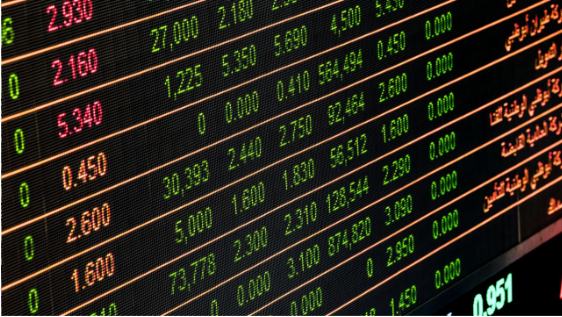TRADING VS INVESTING
We previously discussed the main differences between Trading & Gambling. (You can find it HERE.) Today, we want to break down the pros and cons of trading for daily, weekly and monthly income goals versus investing in long term assets for appreciation and cashflow.
Trading is buying and selling securities based on specific strategies; We use technical analysis to identify low risk, high reward, high probability trade setups and strategies. Trading utilizes advanced software and indicators to perform accurate analysis or trade setups and management.It is also not limited to day trading. It can include short term intra-swing trading or long term position trading. In short, Trading is a form of business that allows for extraction of income and does not hinge on a % growth of capital.
These are the pros & cons of Trading:
PROS:
- You can make money in bullish and bearish markets.
- You can actively qualify and quantify the risk.
- You can maintain a high liquidity of personal assets.
- You can utilize multiple strategies and setups to profit from opportunities.
- You can make your own financial decisions.
- You can focus on extracting income from trading, not % returns.
CONS:
- Taxation is a liability if your corporate structure is not set up properly and you are trading full time for an income.
- More decision making required due to being more active in the markets.
- Requires active brain focus in order to process quick decision making.
Investing, on the contrary, is putting money into a vehicle with a long term perspective or buying and holding perspective. It involves appreciation and also cash flowing opportunities and takes a lot longer to grow than immediate income sources.Investing in assets like real estate is different than investing in the financial markets.
These are the pros & cons of Investing:
PROS:
- Capital gains taxation (50% of profits taxed) – Location Specific. (Canada).
- Less decision making due to being less active in the markets.
CONS:
- You are most likely to only add to a position in a bull market.
- You may be exposed to high degrees of risk due to market swings.
- You may Lack flexibility in strategies and setups.
- Your assets are usually tied up for long periods of time.
- You may depend on someone else’s analysis and decision making.
- You may find difficulty selecting the right investment.
- You may experience average or sub-par returns after competing against inflation, fees, and taxes.
Watch Sean explain more on this topic on our YouTube Below!


